Today’s Readings
Pope Francis’s “motu proprio” APERUIT ILLIS, instituting the Sunday of the Word of God
About fifteen years ago now, my home parish put on a production of the musical Godspell, and somehow I found myself part of the cast. If you’ve ever seen the musical, you know that it is based on the Gospel of Matthew, the Gospel that we are reading during this current Church year. I remember the first song of the musical was kind of strange to me at the time. It’s called “Tower of Babel” and the lyrics are a hodge-podge of lots of philosophies and philosophers throughout time. I didn’t get, at the time, the significance of the song, but I do now. “Tower of Babel” represents the various schools of thought about God, over time. It shows how philosophy at its worst has been an attempt to figure out God by going over God’s head, by leaving God out of the picture completely.
The song ends abruptly and goes right into the second song of the musical, “Prepare Ye,” of which the major lyric is “Prepare ye the way of the Lord.” The message that we can take from that is that the useless, and in some ways sinful, babbling of the pagan philosophers was once and for all settled by Jesus Christ. If we want to know the meaning of life, if we want to know who God is, we have only to look to Jesus. That’s true of most things in life.
That’s what is happening in today’s Liturgy of the Word too. The people in the first reading and in the Gospel have found themselves in darkness. Zebulun and Naphtali have been degraded. They have been punished for their sinfulness, the sin being that they thought they didn’t need God. They thought they could get by on their own cleverness, making alliances with people who believed in strange gods and worshiped idols. So now they find themselves in a tower of Babel, occupied by the people with whom they tried to ally themselves. Today’s first reading tells them that this subjection – well deserved as it certainly was – is coming to an end. The people who have dwelt in darkness are about to see a great light.
The same is true in another sense for Peter and Andrew and the sons of Zebedee in today’s Gospel. These men have been fishermen all their lives. Reading the Gospels and seeing how infrequently they catch anything unless Jesus helps them, we might wonder how successful they were at their craft. But the point is that fishing is all they’ve ever known. These are not learned men, nor are they known for their charisma or ability to lead people. But these are the men who Jesus calls as apostles. One wonders if they had any previous about Jesus, because on seeing him and hearing him and recognizing the Light of the World, they drop everything, turn their backs on the people and work they have always known, and follow Jesus, whose future they absolutely could never have imagined.
All of this is good news for us. Because we too dwell in darkness at times, don’t we? We can turn on the news and see reports of men and women dying in war, crime and violence in our communities, corruption in government, and maybe worst of all right now, sniping between political candidates! Then there is the rampant disrespect for life through the horrific sin of abortion, as well as euthanasia, hunger and homelessness, racism and hatred, and so much more. Add to that the darkness in our own lives: illness of a family member or death of a loved one, difficulty in relating to family members, and even our own sinfulness. Sometimes it doesn’t take much imagination to know that our world is a very dark place indeed.
But the Liturgy today speaks to us the truth that into all of this darkness, the Light of Christ has dawned and illumined that darkness in ways that forever change our world and forever change us. One of the Communion antiphons for today’s Liturgy speaks of that change. Quoting Jesus in the Gospel of John, it says this:
I am the light of the world, says the Lord;
whoever follows me will not walk in darkness,
but will have the light of life.
There is an antidote available for the darkness in our world and in our hearts, and that antidote is Jesus Christ. The limits that are part and parcel of our human existence are no match for the light that is God’s glory manifested in Christ. This is what we mean by the Epiphany, and we continue to live in the light of the Epiphany in these opening days of Ordinary Time. Now that Jesus Christ has come into the world, nothing on earth can obscure the vision of God’s glory that we see in our Savior.
Pope Francis has made this particular Sunday each year a celebration of the Word of God. He means for us to spend time opening the Scriptures and finding the manifold riches that are there. That’s what our Mass is always about. Read carefully through the order of Mass and you’ll find scripture in every part of it. Not just in the Liturgy of the Word – that’s a given, but in each and every one of the prayers of Mass. Catholic worship isn’t something someone made up, it is literally a celebration of the Word of God from beginning to end. And that makes sense, when you think about it: if we are called to “Go and announce the Gospel of the Lord,” as one of the dismissal formulas invites us, we can do that with confidence because we have just been fed on the Gospel in every part of our Mass.
The Mass, too, is an Epiphany celebration at every point of the liturgical year. Because when we’re attentive to the Word of God and the prayer of the Mass, we can’t possibly miss Jesus present among us. So Pope Francis on this Sunday of the Word of God encourages us to devote ourselves to God’s word: to join a Bible study – we have that here at Saint Mary’s, to help others break open the word by leading that part of the RCIA, to teaching the scriptures to children in our school and religious education programs, to proclaiming the Word at Mass. Do any one of those things, sisters and brothers, and I guarantee you’ll grow in your knowledge of scripture. And, turning a famous saying of Saint Jerome around to the positive, knowledge of scripture is knowledge of Christ.
Jesus came to be good news for us. He is the Word of God incarnate among us, not just two thousand years ago, but even now if we would give ourselves over to loving the scriptures. So for those of us who feel like every day is a struggle of some sort, and who wonder if this life really means anything, the Good news is that Jesus has come to give meaning to our struggles and to walk with us as we go through them. For those of us who are called to ministries for which we might feel unqualified – as catechists, Eucharistic Ministers, Lectors, RCIA team members, small group leaders or retreat leaders – we can look to the Apostles and see that those fishermen were transformed from the darkness of their limited life to the light of what they were able to accomplish in Christ Jesus. Wherever we feel darkness in our lives, the Good News for us is that Christ’s Epiphany – his manifestation into our world and into our lives – has overcome all that.
As the Psalmist sings for us today, the Lord truly is our light and our salvation.
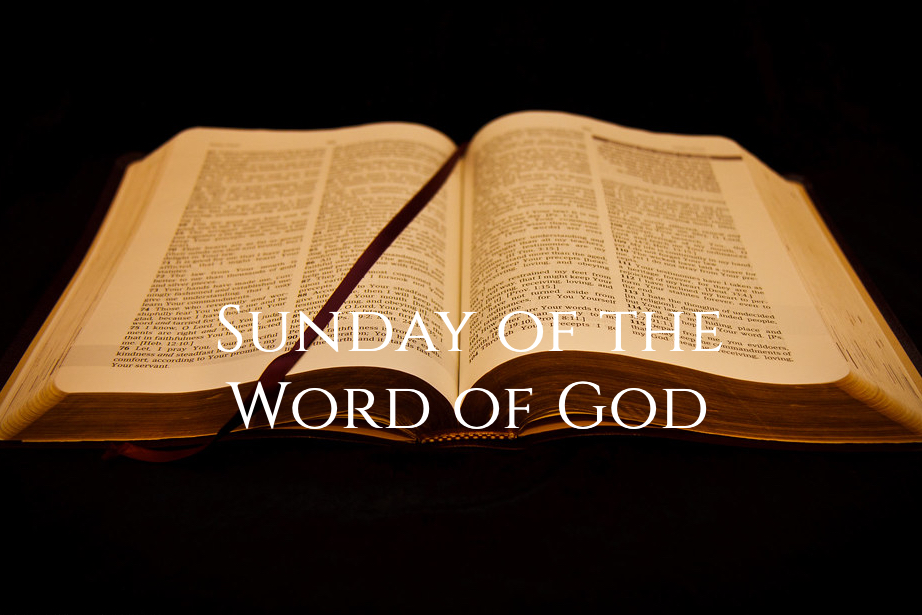
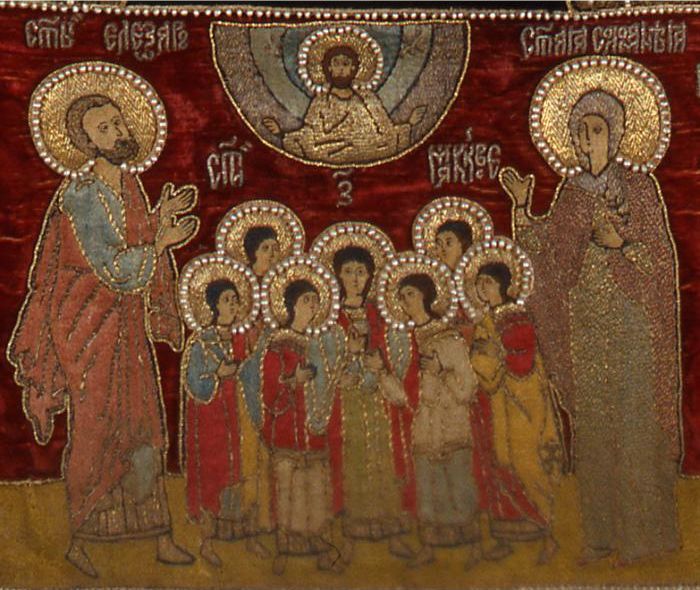
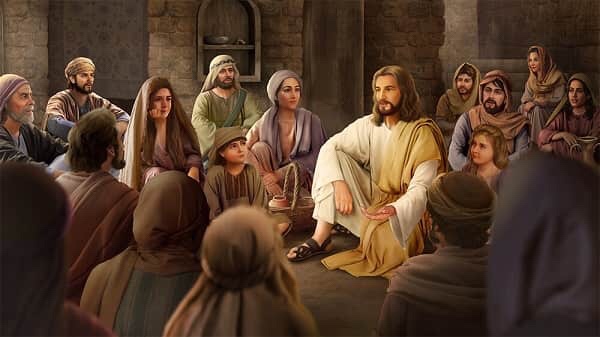

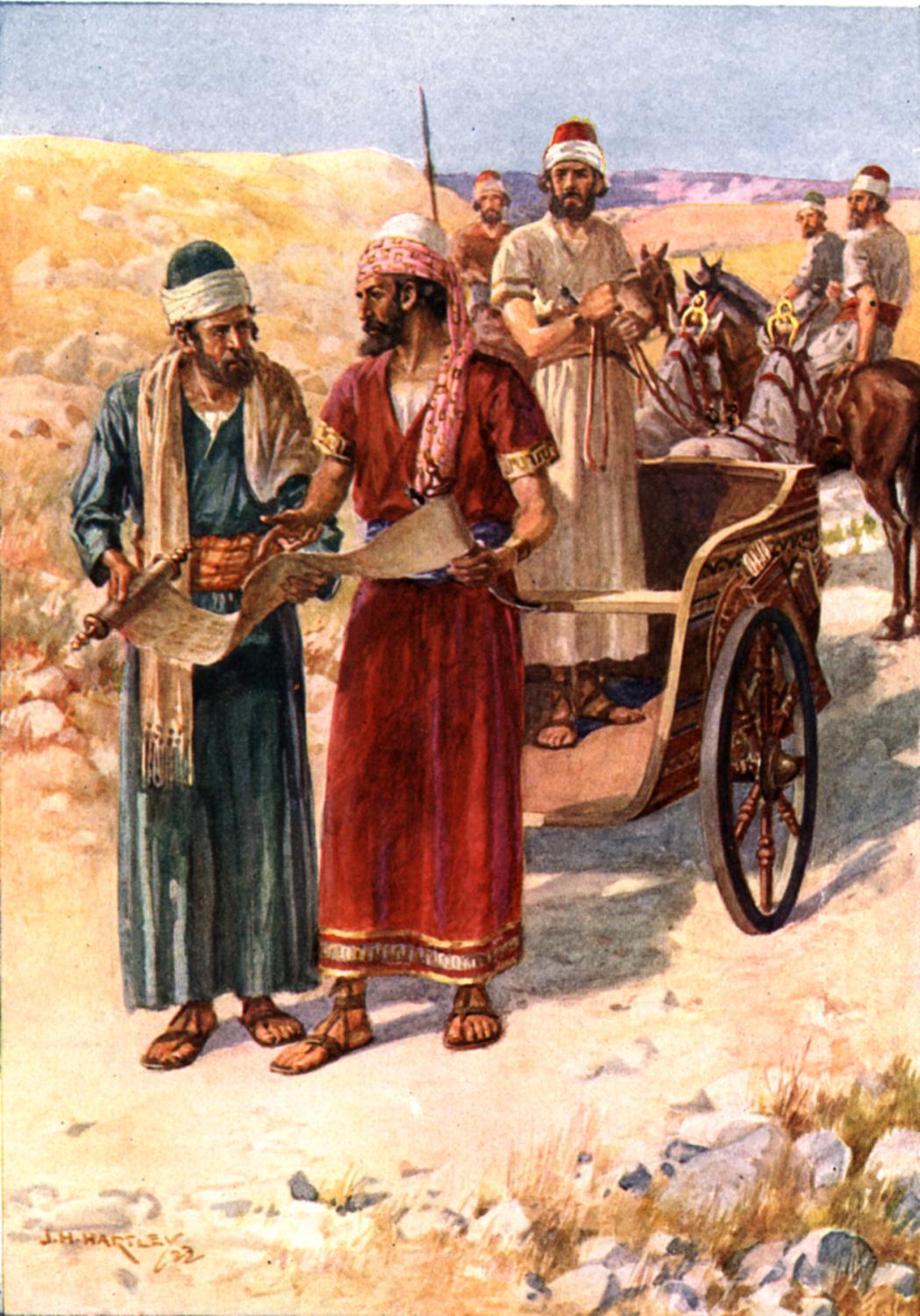
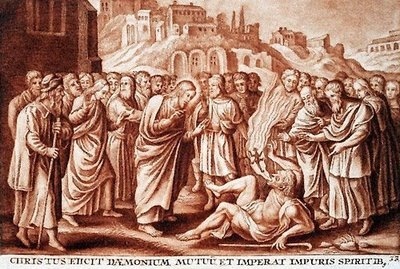
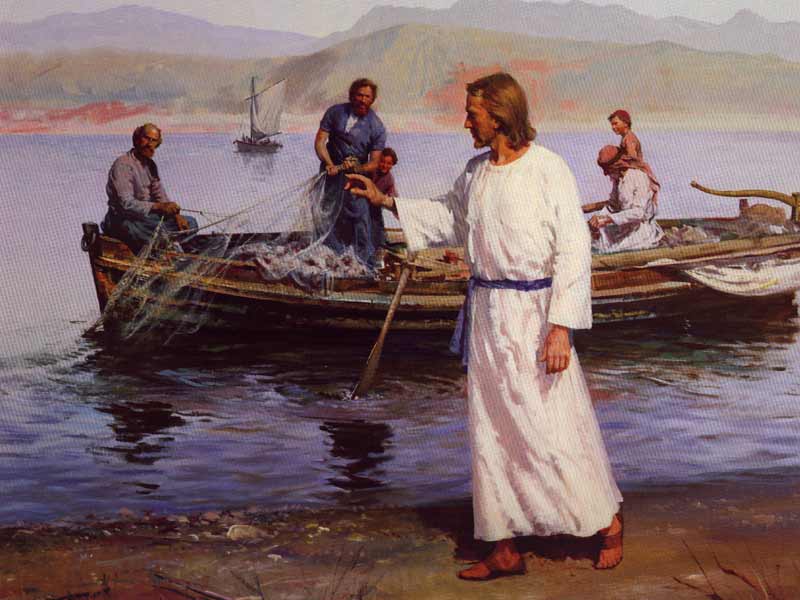
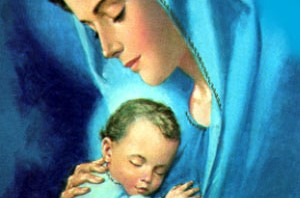
You must be logged in to post a comment.